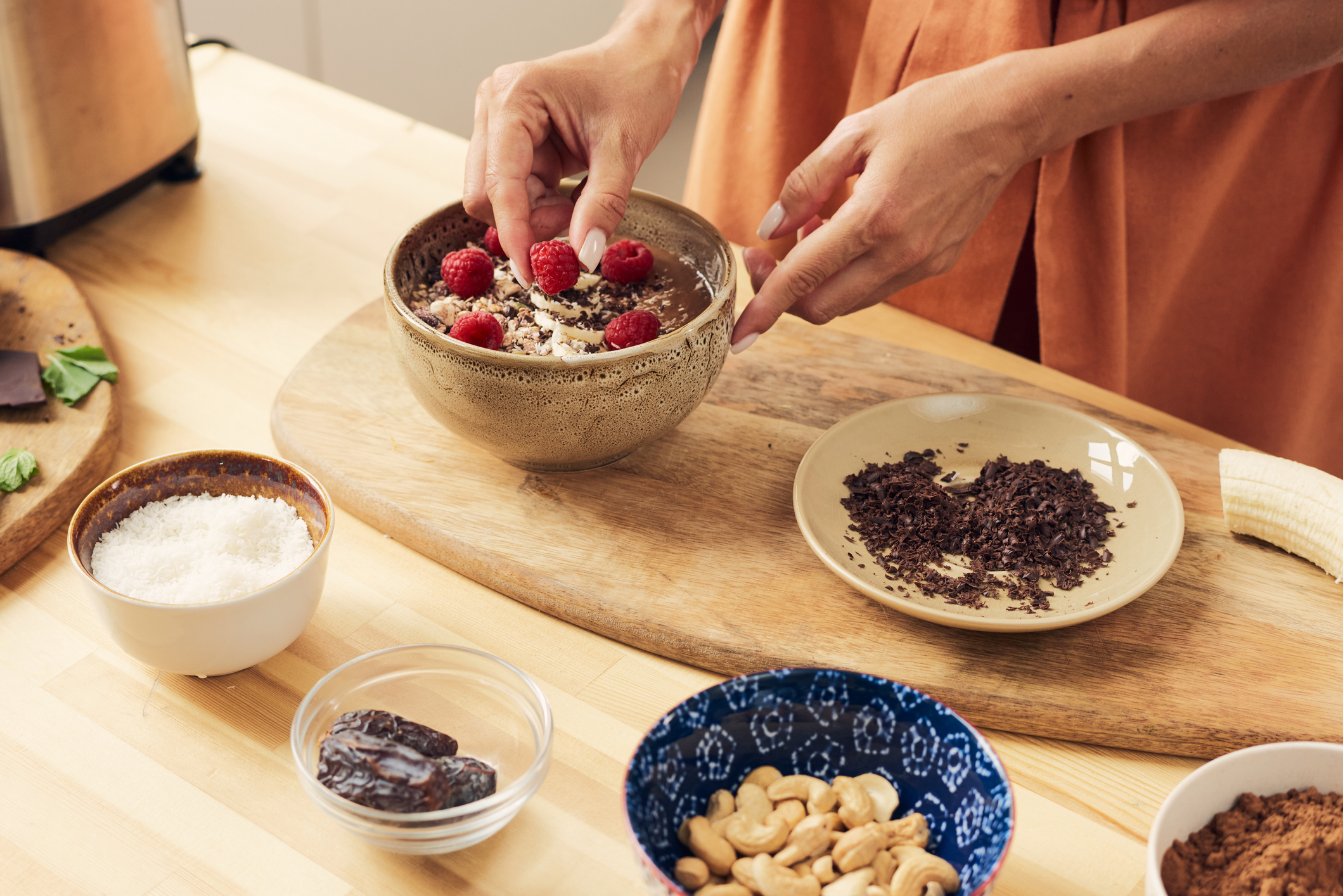

There’s plenty of proof that our gut environment is central to our health. And flaxseed could be one of the best things you feed the friendly bacteria in your gut.
Research shows flaxseed fights fat and high blood sugar by changing the microbiome. Flaxseed also lowers cholesterol, fights inflammation and has been found to balance hormones and the immune system.
One of the most intriguing areas where flaxseed is being researched is breast cancer. A previous study discovered components in flaxseeds called lignans can reduce the risk of breast cancer. The researchers in that study theorized that these lignans are converted by intestinal bacteria into enterolactone and enterodiol, which naturally balance hormones.
Now, another team of researchers is digging into the link between flaxseeds and breast cancer risk — and they’ve further confirmed the gut’s role in the process…
The influence of lignans on microRNAs
These researchers studied the effects of flaxseed lignans on the microbiota of young female mice. These fiber-associated compounds are found in many foods and are particularly abundant in flaxseed. Lignans have been associated with reduced breast cancer death in postmenopausal women.
In this study, lignans were found to influence the relationship between gut microorganisms and the expression of mammary gland microRNAs (miRNAs), short noncoding RNAs that regulate gene expression. The researchers found that lignan components generate specific miRNA responses in the mammary gland. This subset of miRNAs regulates the genes involved in breast cancer, including those that control cancer cell proliferation and migration.
To put it more simply, lignans may be able to influence the genes that control the growth and spread of breast cancer.
“In this study, we found correlations between diets enriched in flaxseed, cecal microbiota composition and miRNA profiles in the mammary gland that regulate many pathways, including those involved in cancer development,” says Dr. Jennifer Auchtung, a professor at the University of Nebraska – Lincoln and the editor who coordinated the review of the paper. “This preliminary study supports further research into the role that the microbiota plays in dietary approaches to reduce risk factors associated with disease.”
The researchers fed flaxseed lignan components to female mice to see whether gut cecal microbiota profiles are related to miRNA expression in their mammary gland. The cecum, the first part of the colon, is believed to play a role in producing short-chain fatty acids and could serve as a reservoir of anaerobic gut bacteria.
When one flaxseed oil lignan is processed by microbes, it releases bioactive metabolites that have antitumor effects. The researchers found that the microbiota and mammary gland miRNA are related and that flaxseed lignans modify the relationship to be non-cancer-causing.
What that means is that flaxseeds could help prevent breast cancer.
“If these findings are confirmed, the microbiota becomes a new target to prevent breast cancer through dietary intervention,” says Dr. Elena M. Comelli, a professor at the University of Toronto and the corresponding author on the paper.
Adding flaxseeds to your diet
More research (particularly in humans) is needed to confirm these findings. But if you’re at higher risk of breast cancer, it couldn’t hurt to start eating flaxseeds to potentially lower your odds. At the very least, you’ll get plenty of their heart and gut health benefits.
According to Dr. Brad Cutler, flaxseeds are best consumed after they’ve been ground, as the whole seed will pass through the intestines undigested. They have a light, nutty taste that compliments a wide variety of foods. Here are several ways you can enjoy the benefits of flaxseed:
- For breakfast, sprinkle ground flaxseed on your cold cereal or hot oatmeal. Or you can mix a tablespoon of ground flaxseed into your yogurt (with or without raw honey).
- Add it to your homemade sprouted granola.
- If you use mustard or mayonnaise on your lunchtime sandwich, try mixing in a teaspoon of ground flaxseed.
- Sprinkle some on salads or in soups.
- Make it part of your dinner by adding ground flaxseed to tomato sauces, casseroles, meatballs or meatloaf.
- Bake ground flaxseed into muffins, cookies and breads.
You may also have heard of using flaxseed as an egg substitute. To replace one egg, you’ll want to combine one tablespoon of ground flaxseed with three tablespoons of water and allow to sit for five minutes.
If you want to enhance flaxseed’s hormone-balancing effects, try including a tablespoon of flaxseed oil with each tablespoon of ground flaxseed in your favorite foods.
Sources:
Manipulation of gut microbiota with flaxseed could reduce breast cancer risk — EurekAlert!
How to Make Flax Egg Replacer — Bob’s Red Mill